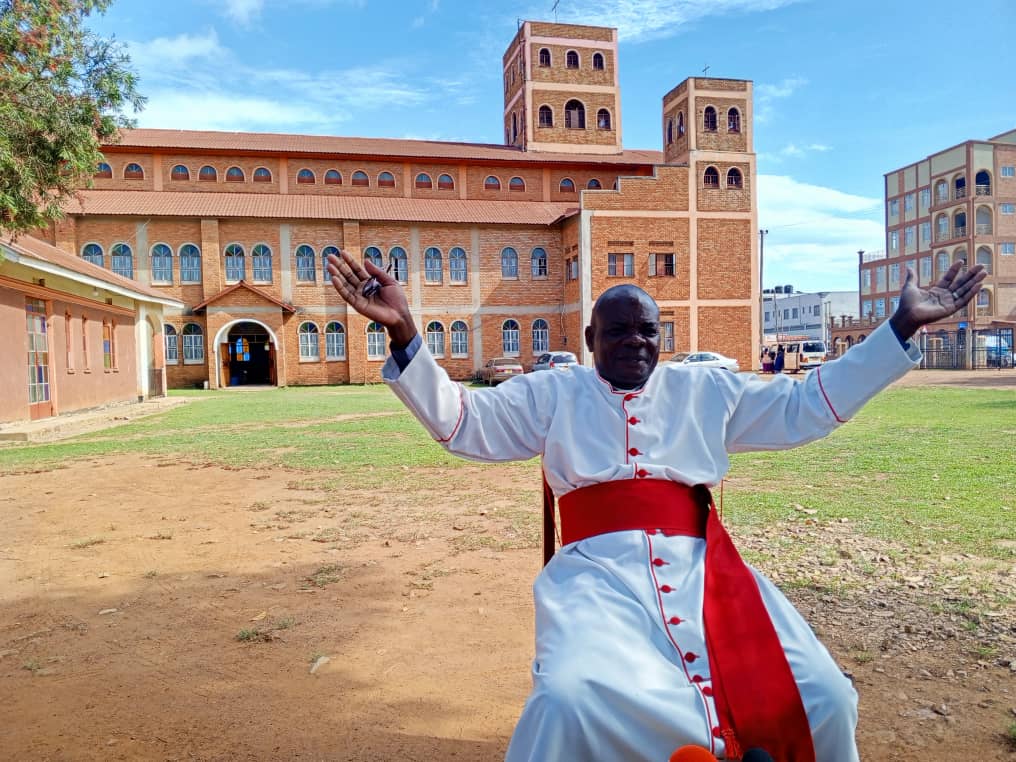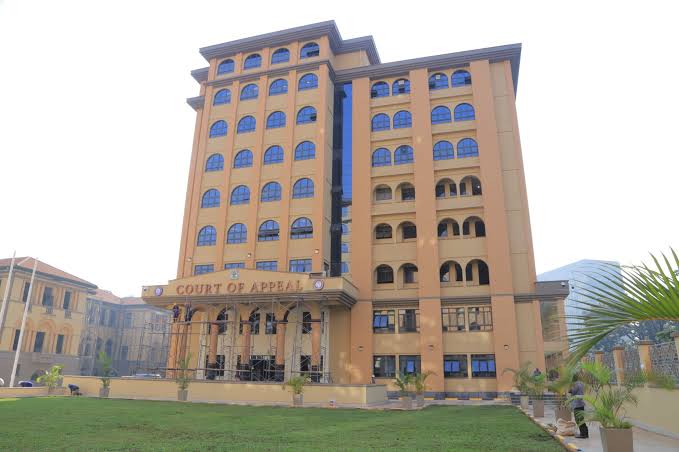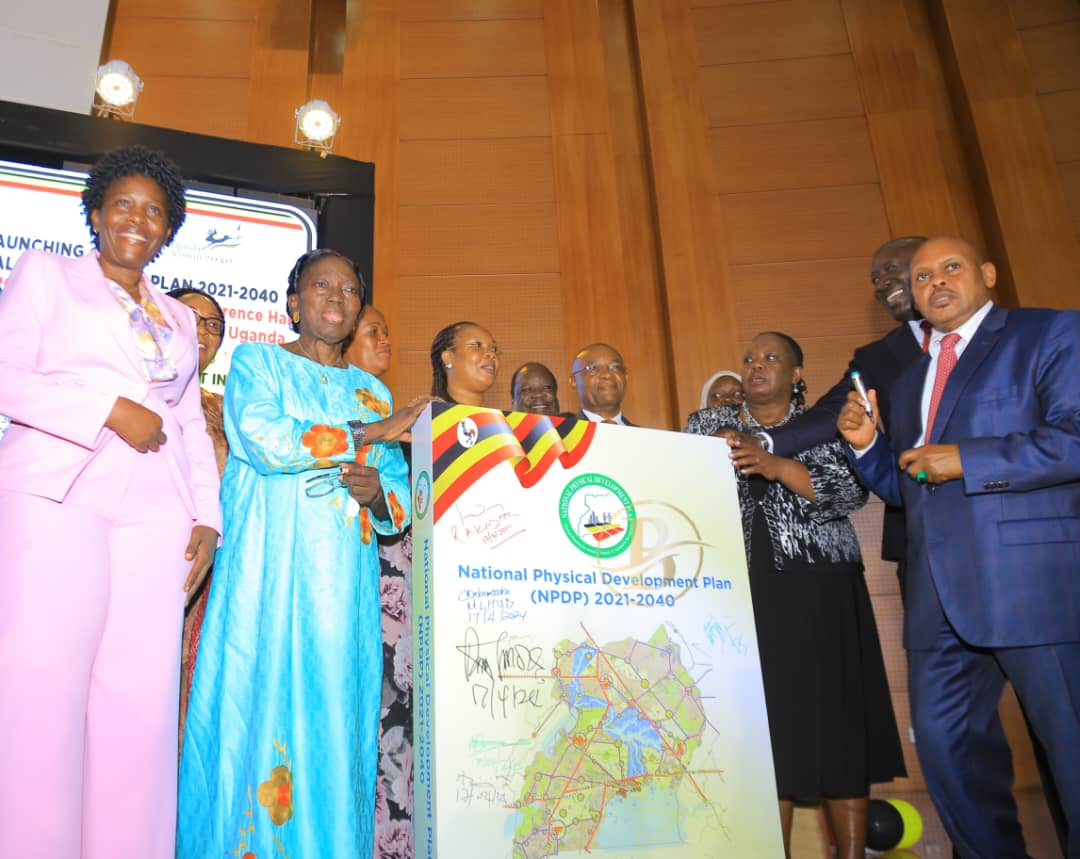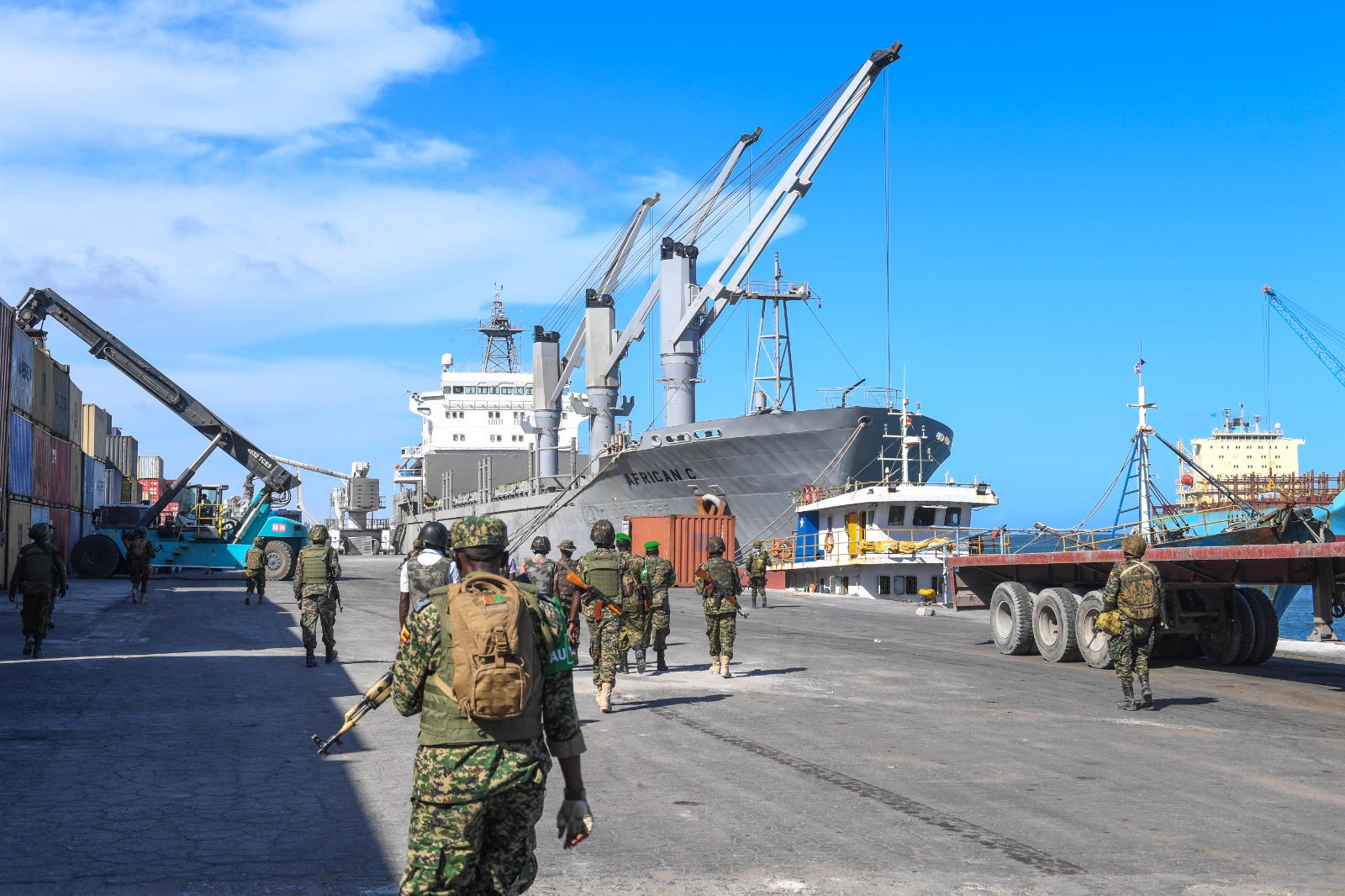EACOP will expose the vulnerable poor to climate change
In past days the media has been awash with The East Africa Crude Oil Export Pipeline (EACOP) because finally agreements for its construction were signed. For the ordinary citizens along its route, they might not be aware that EACOP is a 1,443km crude oil export pipeline that will transport Uganda’s crude oil from Tilenga and Kingfisher oil fields in Lake Albert Basin (Hoima-Kabale) in Uganda to the Chongoleani peninsula near Tanga port in Tanzania.
They should also know that it was selected by the Government of Uganda as the least cost and most robust. And also, that due to the viscous and waxy nature of Uganda’s crude oil, the pipeline will need to be heated along the entire route, making the EACOP the longest electrically heated pipeline in the world.
These small facts are not known to the people, all that is put to our faces is the creation of jobs and the money that comes from the EACOP Project. The proponents of the pipeline claim that EACOP will create employment for approximately 10,000 people and that this will boost the income of the households along the pipeline.
However, always very few jobs are usually allocated to the local communities and therefore this might not be true. This development will threaten the local populations with the physical and economic displacement of thousands of people and related socioeconomic effects that are already in existence. Of course, again this is all that the ordinary person is worried about.
However, the eminent danger apart from these social economic effects is the fact that oil development and export activities will contribute significantly to anthropogenic climate change. It is estimated that once burned as intended, the 216,000 barrels of crude oil transported by the pipeline each day will result in approximately a 34million tons of Carbon dioxide emissions annually, a quantity that exceeds Uganda’s and Tanzania’s current combined annual emissions from fossil fuels.
This figure, however, may understate the cumulative climate impact of the pipeline, the Tilenga and Kingfisher oilfields, and other related projects, which are not adequately addressed in impact assessments.
The construction and operation of the pipeline and associated upstream oil development activities, which are being led by Total, will also release a substantial amount of greenhouse gases into the atmosphere via the clearance of vegetation, the operation of power generating facilities, infrastructure development, and maintenance, vehicle emissions, and other sources. These local and global footprints are connected.
EACOP development comes at a time when the world is in the midst of a climate emergency, the consequences of which are being felt most acutely by those least responsible for global warming, including poor and vulnerable communities in Uganda. And it will be even be worse with pipeline construction project.
It also comes at a time when studies confirm that there is more oil, gas, and coal already under development than the world can burn without exceeding 1.5°C warming and causing dangerous climate consequences. The Special Report on Global Warming of 1.5°C released by the Intergovernmental Panel on Climate Change (IPCC) in October 2018 underlines that climate-related risks to health, livelihoods, food security, water supply, human security, and economic growth are projected to increase with global warming of 1.5°C and increase further with 2°C.”
Global warming of 2°C rather than 1.5°would lead to even greater rates of poverty, increased water stress, heightened food insecurity, greater temperature extremes, and higher rates of drought, among other impacts. These phenomena, because of their disproportionate effects on poor, have the potential to increase vulnerable poor’s substantive inequality in respect of their human rights to food, water, an adequate standard of living, health, and life. At a time when Climate change is affecting a wide variety of sectors; agriculture, water, health.
Unfortunately, these effects won’t affect the poor without affecting the biodiversity in the Albertine Rift Valley is one of the most biodiverse regions of the African continent. With more than half of Africa’s birds, 40% of Africa’s mammals, and about 20% of its amphibians and plants, it contains more vertebrate species than anywhere else on the continent. It also conserves more threatened and endemic species than any other region of Africa, and as a result is a Biodiversity Hotspot. This what we should protect before thinking about constructing a pipeline for money because this biodiversity itself can bring to our country money than oil in the long run than threatening it.












